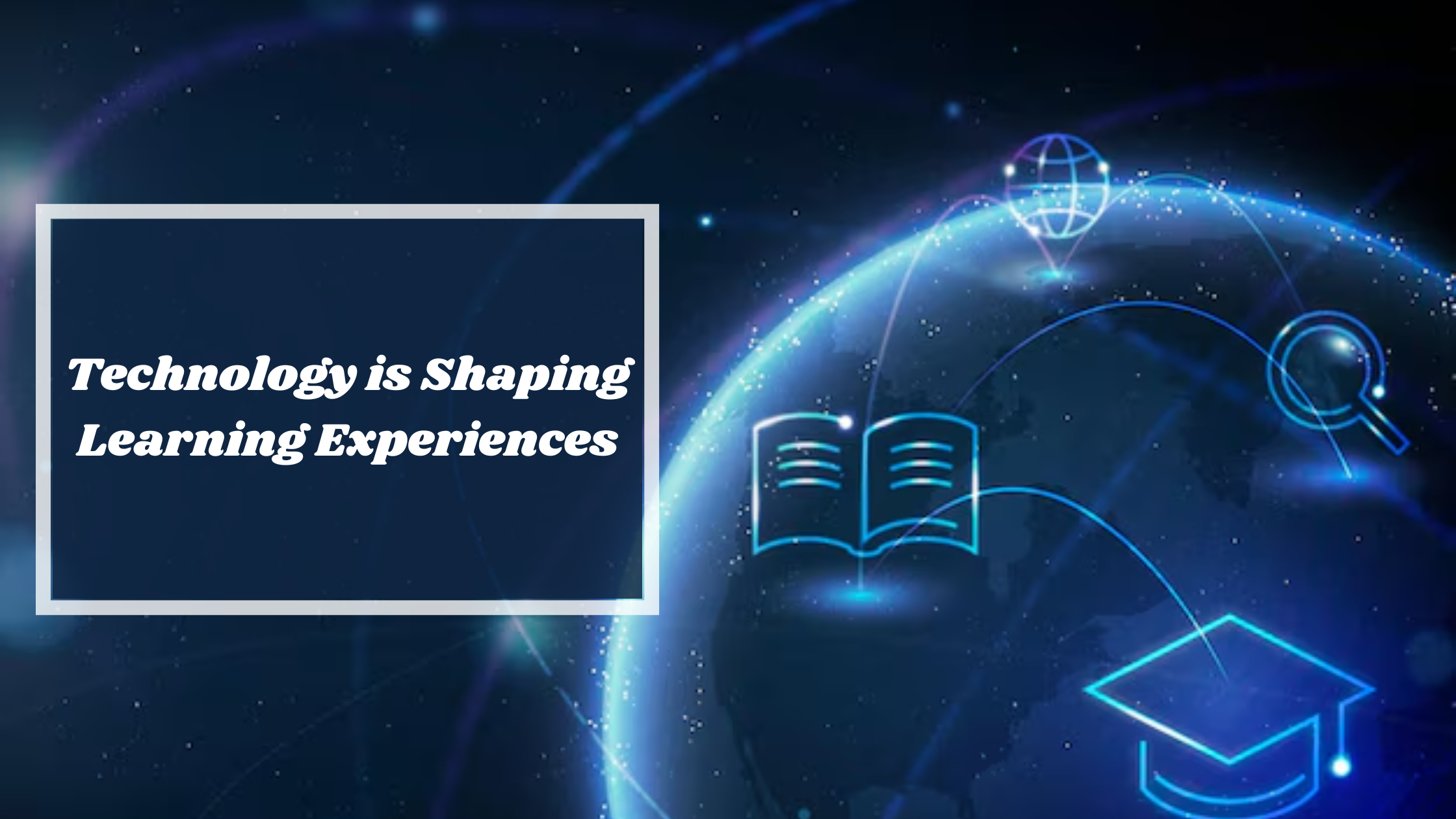The Future of Education: How Technology is Shaping Learning Experiences
Published: Mar 17, 12:59 PM

Technology has transformed nearly every aspect of modern life, and education is no exception. From online learning platforms to artificial intelligence and virtual reality, the digital revolution is reshaping how students learn and educators teach. In this blog, we’ll explore the impact of technology on education, the benefits it offers, and the challenges that come with it.
The Rise of Online Learning Platforms
The growth of online learning platforms like Coursera, Udemy, and Khan Academy has made education more accessible than ever. Students can now access high-quality courses from top institutions worldwide, allowing for flexible learning at their own pace. This has been particularly beneficial for working professionals, remote learners, and individuals who may not have access to traditional classroom settings.
Artificial Intelligence and Personalized Learning
Artificial Intelligence (AI) is revolutionizing education by enabling personalized learning experiences. AI-powered platforms analyze student performance and tailor educational content to suit individual needs. For example, adaptive learning software can identify a student’s strengths and weaknesses, providing customized exercises and feedback to enhance understanding. Chatbots and virtual tutors further assist students by answering questions and offering guidance in real time.
Virtual and Augmented Reality in Education
Virtual Reality (VR) and Augmented Reality (AR) are bringing immersive experiences to education. With VR headsets, students can explore historical landmarks, conduct virtual science experiments, and even practice surgical procedures in a simulated environment. AR enhances textbooks and classroom materials with interactive elements, making learning more engaging and effective.
Gamification and Interactive Learning
Gamification is another way technology is transforming education. By incorporating game elements like rewards, challenges, and leaderboards, educators can make learning more engaging. Platforms like Duolingo use gamification to help students learn new languages effectively. Interactive simulations and digital storytelling also make complex subjects easier to understand and retain.
Challenges and Considerations in EdTech
While technology presents incredible opportunities in education, it also comes with challenges. One major concern is the digital divide—many students still lack access to high-speed internet and necessary devices, creating educational inequalities. Additionally, screen time and data privacy are growing concerns among parents and educators. It is crucial to implement responsible tech policies and ensure that EdTech remains an inclusive tool for all learners.
The Future of Learning: What’s Next?
The future of education will likely see even greater integration of technology. AI-powered assessments, smart classrooms, and blockchain-based certification systems could become the norm. Hybrid learning models that blend in-person and online education will continue to evolve, offering students the best of both worlds.
Conclusion
Technology is reshaping education, offering new ways to learn, interact, and grow. While challenges exist, the opportunities provided by EdTech are vast, paving the way for more inclusive, engaging, and personalized learning experiences. As we move forward, embracing technology responsibly will be key to ensuring that education remains a powerful tool for empowerment and success.
What are your thoughts on the future of education? Share your opinions in the comments below!
Top Blogs
Published: March 03, 2025

Finance and Accounting Automation: Streamlining Processes for the Future
Published: Feb 17, 2025

Mental Health in the Digital Age: Navigating Social Media and Well-Being
Published: Feb 05, 2025

Blockchain Beyond Cryptocurrency: Innovative Applications Across Industries
Published: Jan 21, 2025

The Evolution of E-Commerce: Trends and Innovations Shaping Online Shopping
View All